Tag: Dermatology
-
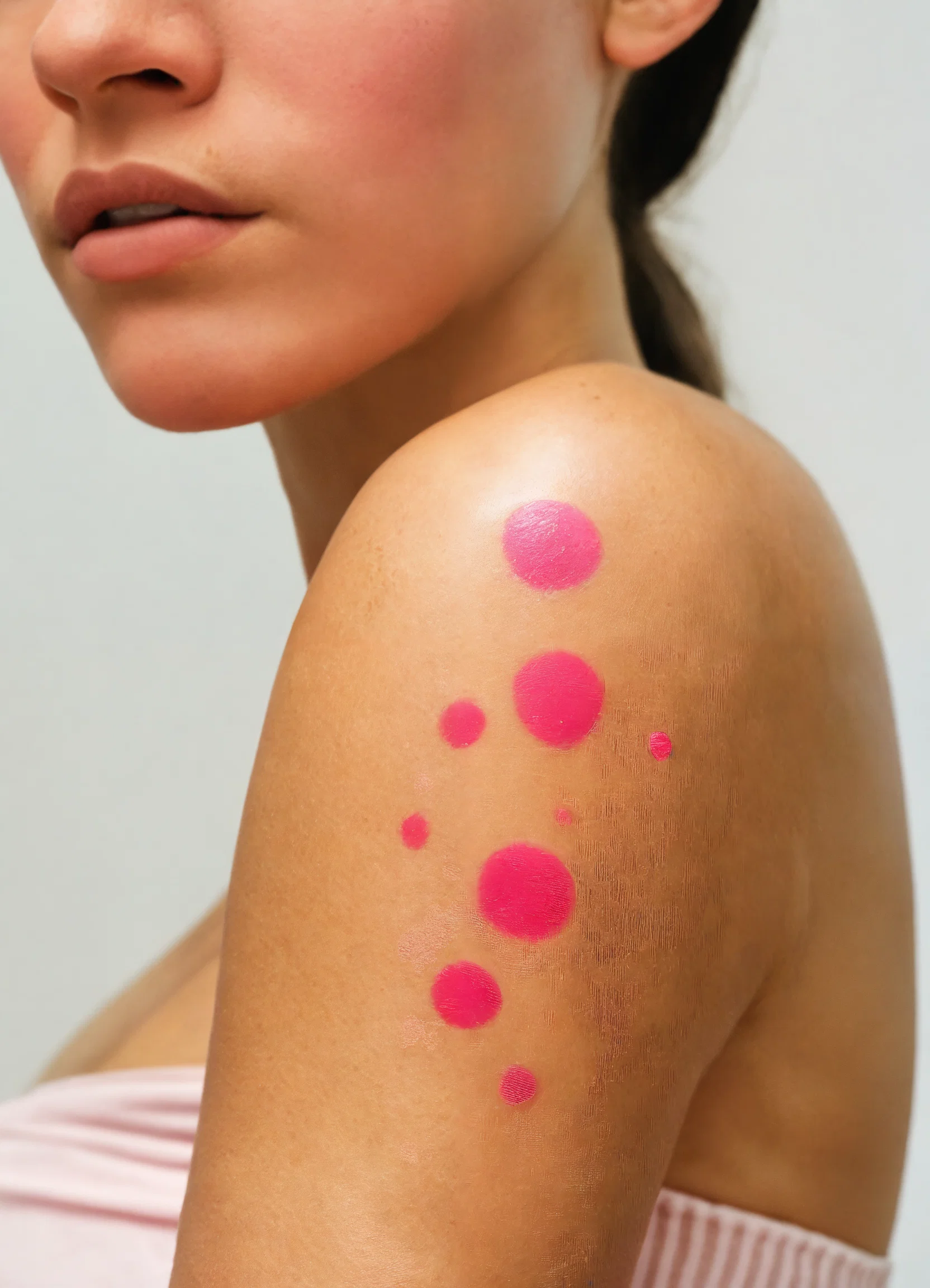
Q: How to test cosmetics for individual reactions before use?
Even if we avoid all potential allergens in cosmetics, there’s always a chance of an individual reaction, where an ostensibly harmless cream like CeraVe might cause redness or burning. For such cases, dermatologists recommend performing patch tests.
-

Q: Don’t you think it’s odd to have bacteria in skincare products? Why are there probiotics in some creams?
At first glance, the idea of adding bacteria to skincare products might seem strange, especially given the common association of bacteria with breakouts and diseases. However, this perspective overlooks the essential role that beneficial bacteria play in maintaining healthy skin.
-

How to Care for Your Skin During and After Cancer Treatment
Cancer treatment often results in external side effects: skin becomes dry, more sensitive to light, peels, itches, changes tone, swells, or becomes puffy. This usually occurs in areas where the skin forms folds, such as around the ears, chest, or buttocks. Here are three main recommendations for skin care during and after cancer treatment…
-
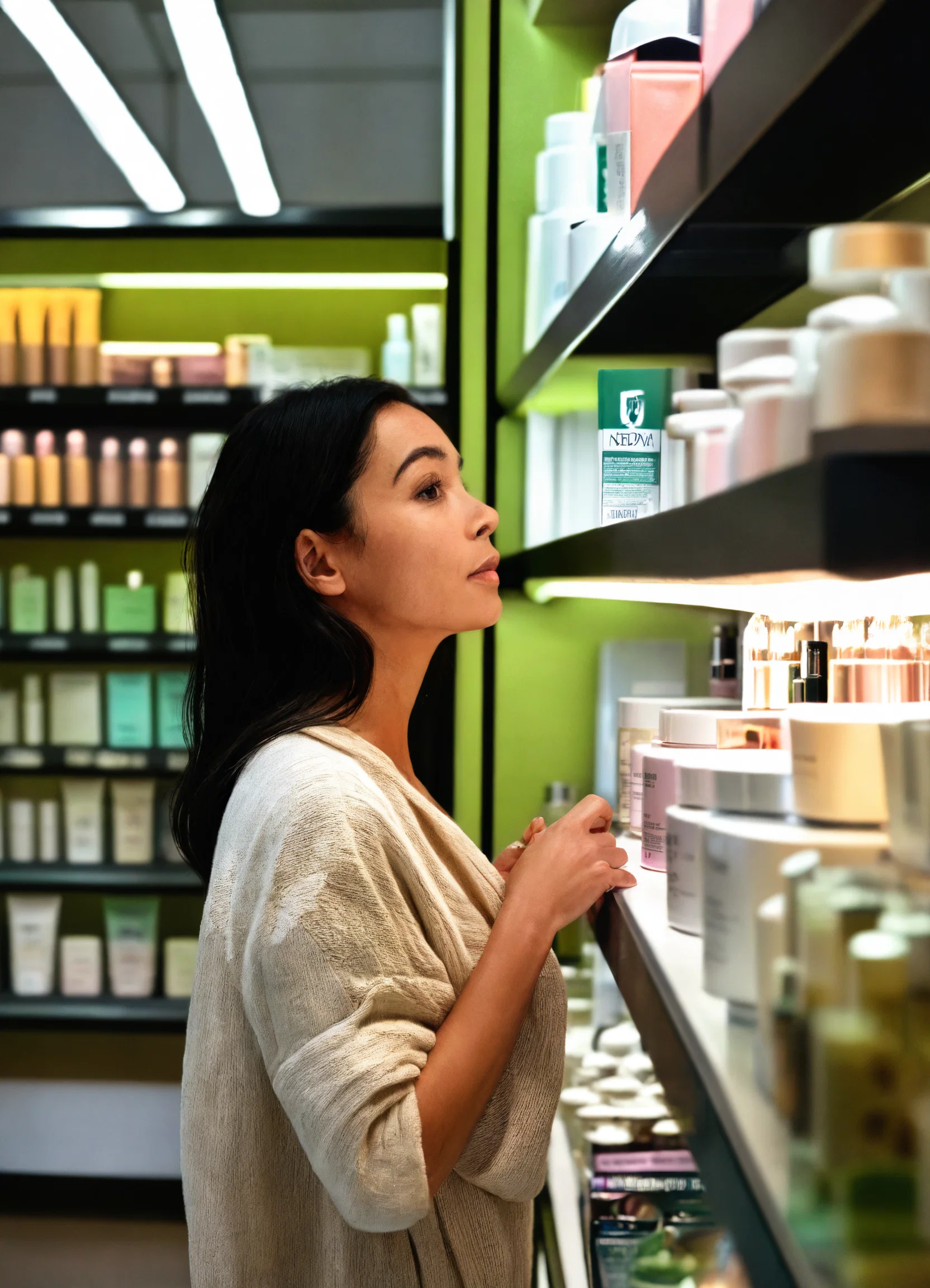
Does Retinol Cause Skin Irritation, Peeling, and Inflammation?
Retinol, a form of vitamin A, is suitable for home use and can be introduced by the user independently. However, during the adjustment period, it can trigger retinoid dermatitis. Why does this happen?
-

Q: What is an individual reaction to skincare products and how to deal with it?
Cosmetic products – from shampoo to lipstick and even perfumes – can cause skin redness, itching, rashes, swelling, or irritation. A dermatological study published in 2010 showed that more than a third of 945 participants had at least one allergic reaction to cosmetic ingredients. Why does this happen, and does it mean that the manufacturer…
-
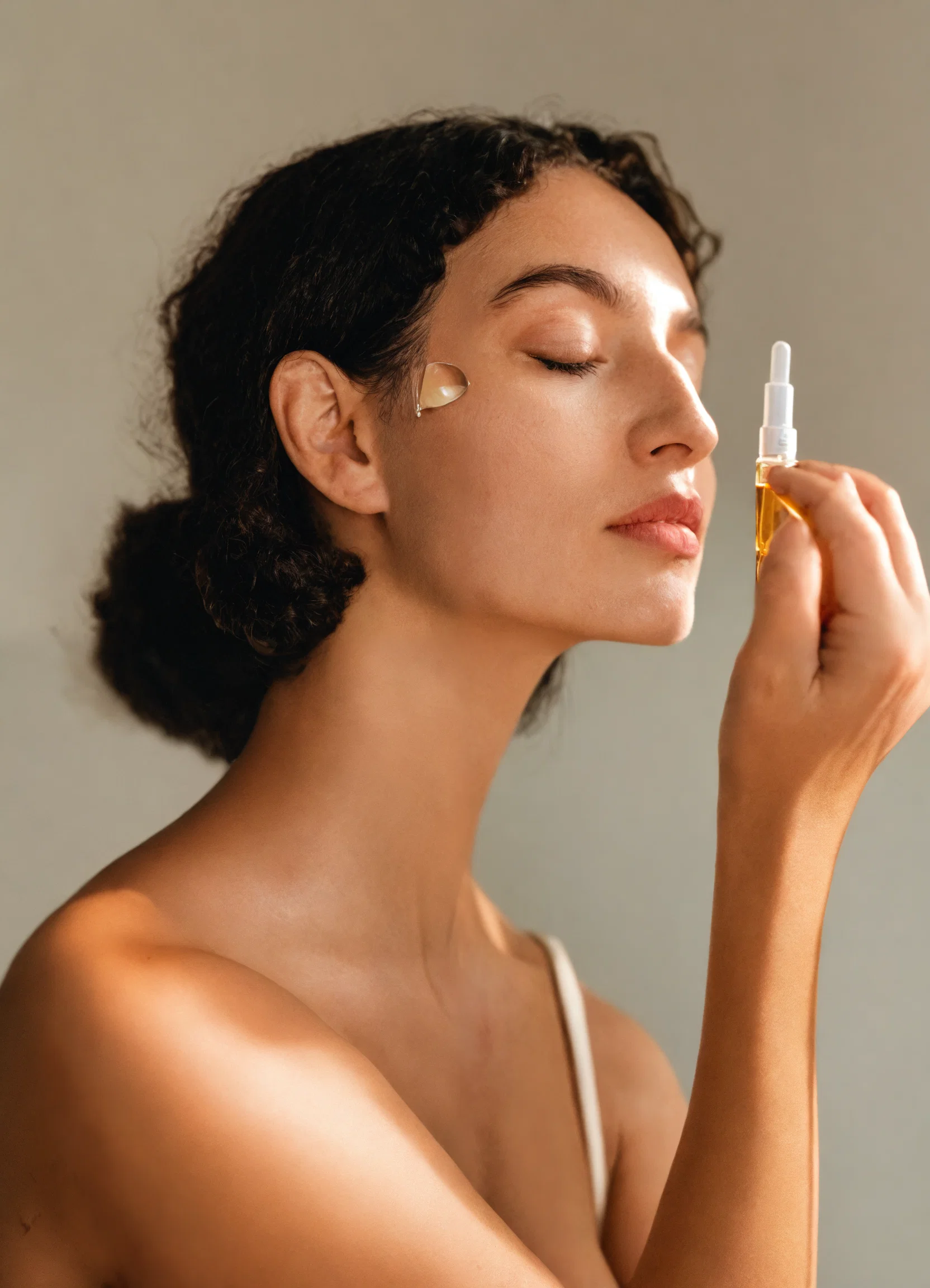
Nuances of Combining Retinol and Vitamin C in Skincare
Combining retinol and vitamin C in your skincare routine can be beneficial. Often, a small percentage of stable vitamin C is added to retinol serums to stabilize them and enhance retinol’s effects. However, there are nuances to using these active ingredients together that are not always discussed.
-
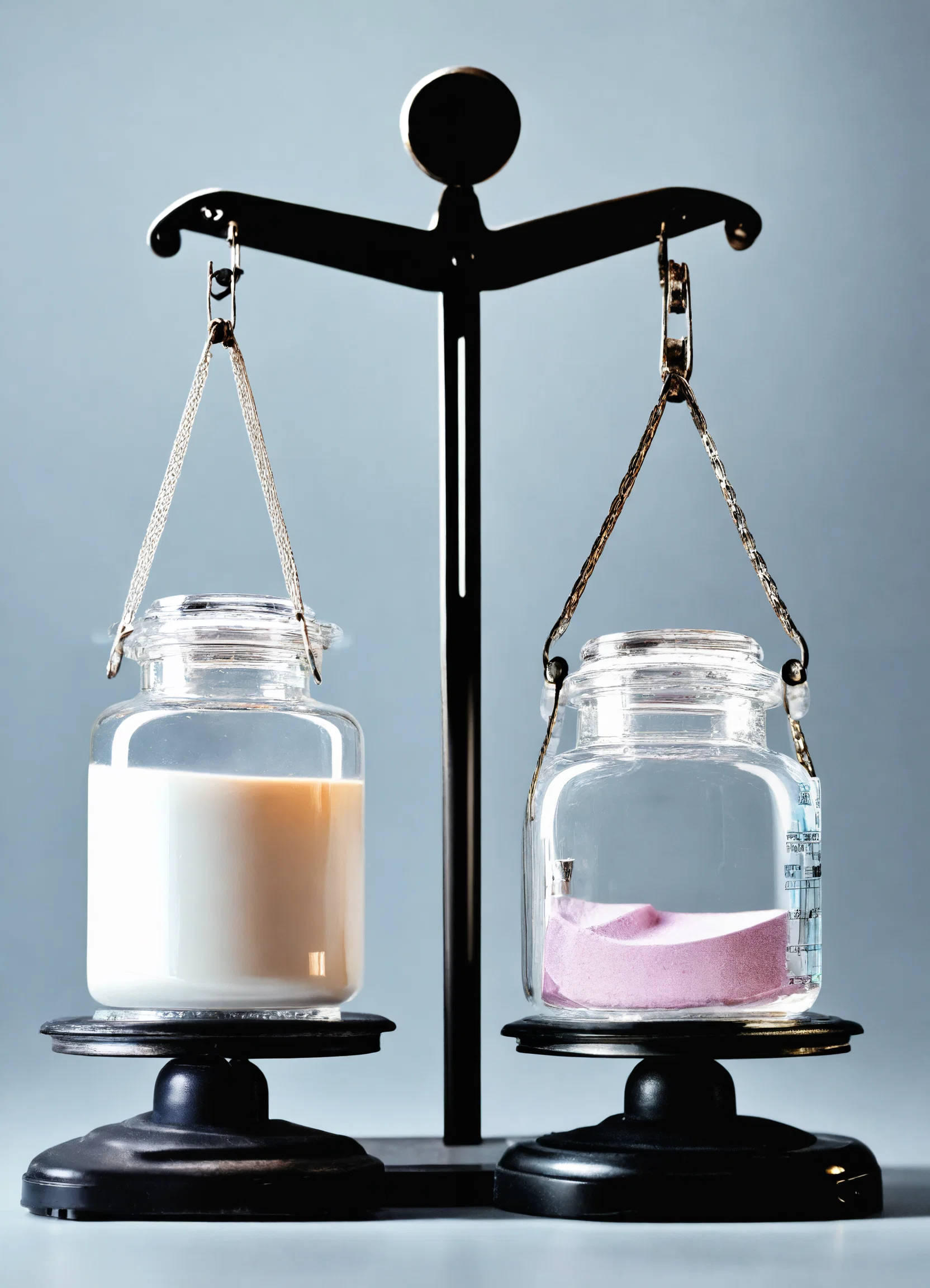
Can You Combine Niacinamide and Retinol?
It is quite possible to encounter the issue of combining these components without even thinking about it. The reason is simple: both retinol and niacinamide are suitable for normalizing acne-prone skin, and both are proven effective anti-aging ingredients. Therefore, even without understanding the formulations of your cosmetics, you might accidentally combine retinol and niacinamide in…
-
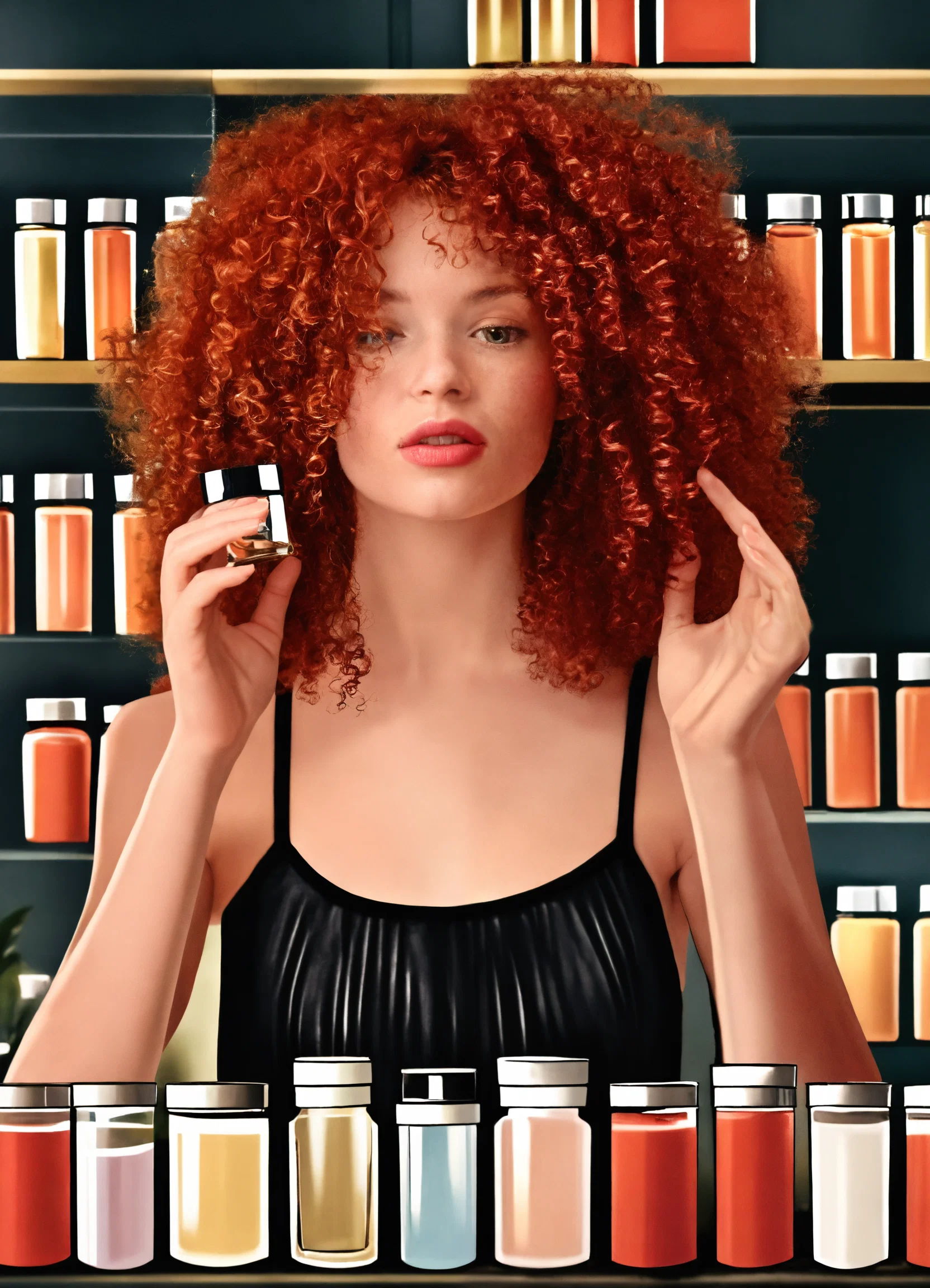
Everything You Want To Know About Combining Acids with Retinol
Combining retinol with acids is possible but should be done carefully and not by everyone. In home care, skin irritation and deterioration are typically caused not by a single active ingredient (barring individual intolerance) but by using too many actives simultaneously. To avoid this…
-
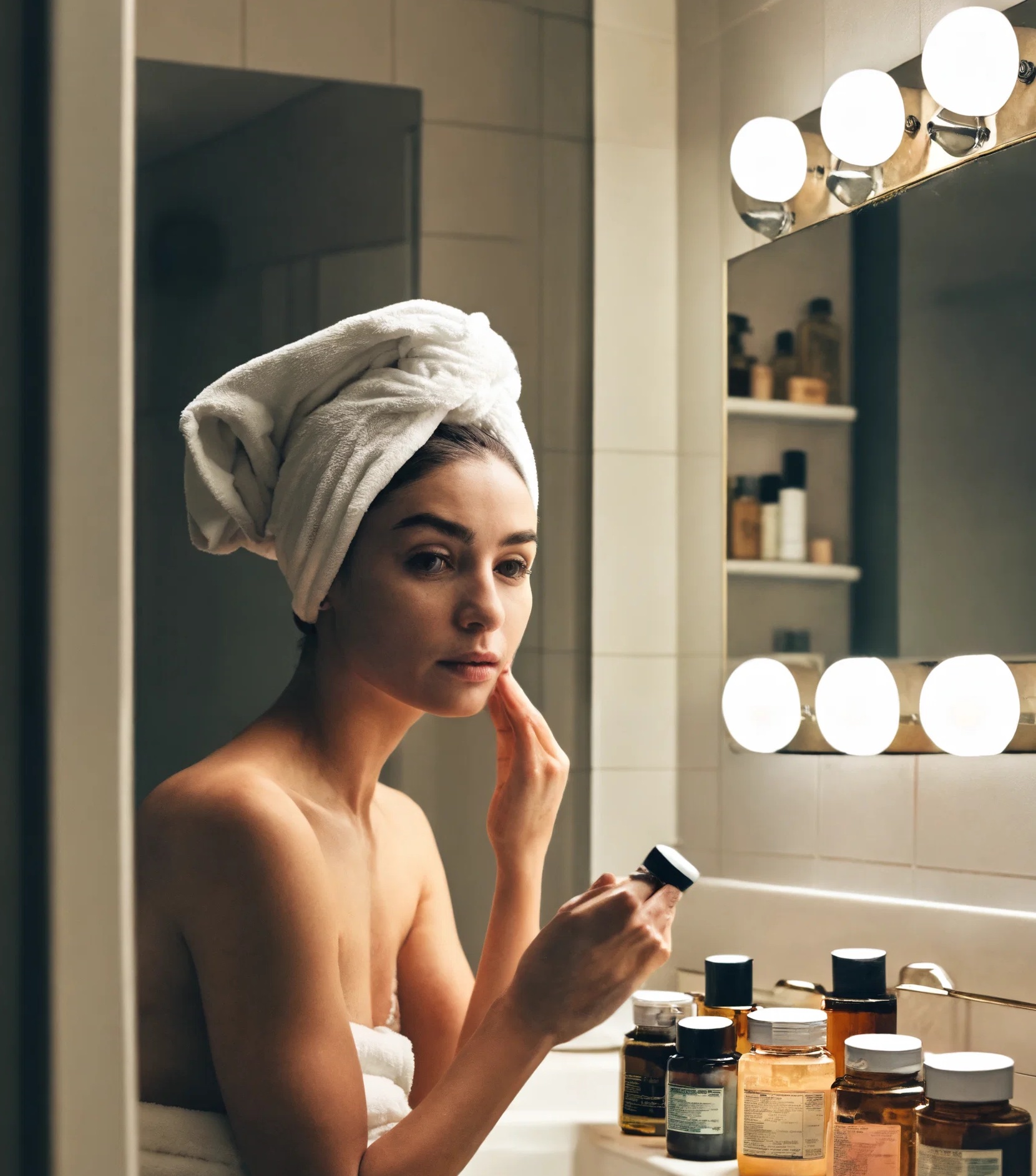
How to Use Retinol (Save This Post)
Retinol is a very active ingredient that, at sufficiently high concentrations, requires strict adherence to a protocol for its effectiveness and safety. Let me help you to figure out everything about retinol usage.
-

Q: What tests should I take if I have skin problems?
People with any skin issue are often advised to “get some tests done.” In this context, “getting tests done” seems almost mystical, as if solving skin problems is impossible without them, and these problems are inevitably rooted in internal organ issues. If you have acne – get a full hormone panel, dark circles under your…
